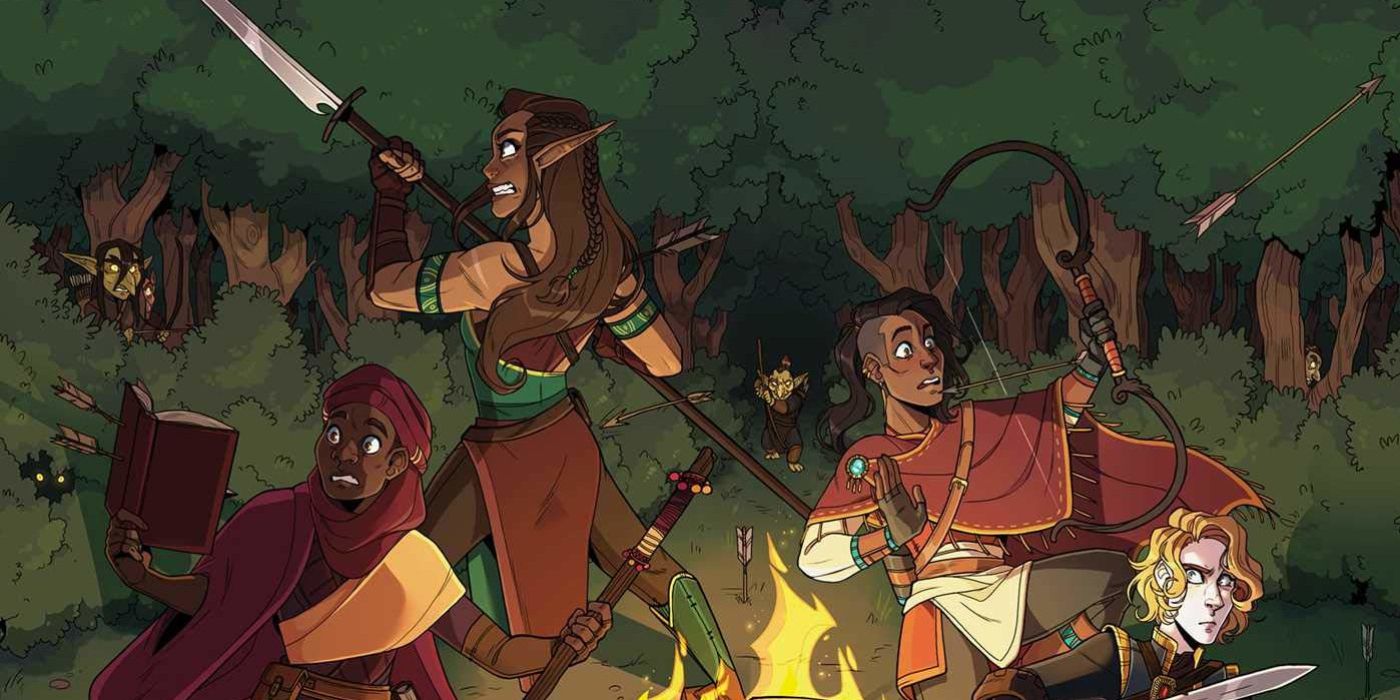
The position of Dungeon Master, the player who creates and runs scenarios for Dungeons & Dragons games, is a burdensome one, requiring the DM to be storyteller, referee and mediator for their demanding party of players. The following advice books and guides - with evocative names such as The Monsters Know What They're Doing: Combat Tactics For DMs - are excellent third-party resources for game masters of D&D or other tabletop RPGs looking to improve their storytelling, make the process of running their games easier, or make surviving their games more challenging for players.
There's a saying on the internet about tabletop roleplaying games: "No gaming is better than bad gaming." RPGs like Dungeons & Dragons should be fun for everyone at the table, and a game session where players squabble or the DM's story is pointlessly frustrating defeats the entire purpose of tabletop gaming. For that reason, Dungeon Masters trying to run good RPG sessions prepare themselves for a multitude of scenarios, and the following books are excellent tools they can use to learn from the wisdom of their predecessors.
For the purposes of novelty, this article won't be discussing any books or products directly published by Wizards Of The Coast under the D&D license. The following books, while very much compatible with Dungeons & Dragons, are all independent titles that bring a new, outside perspective to the art of crafting roleplaying campaigns which thrill, threaten and inspire players to tell a fun story and use their heads.
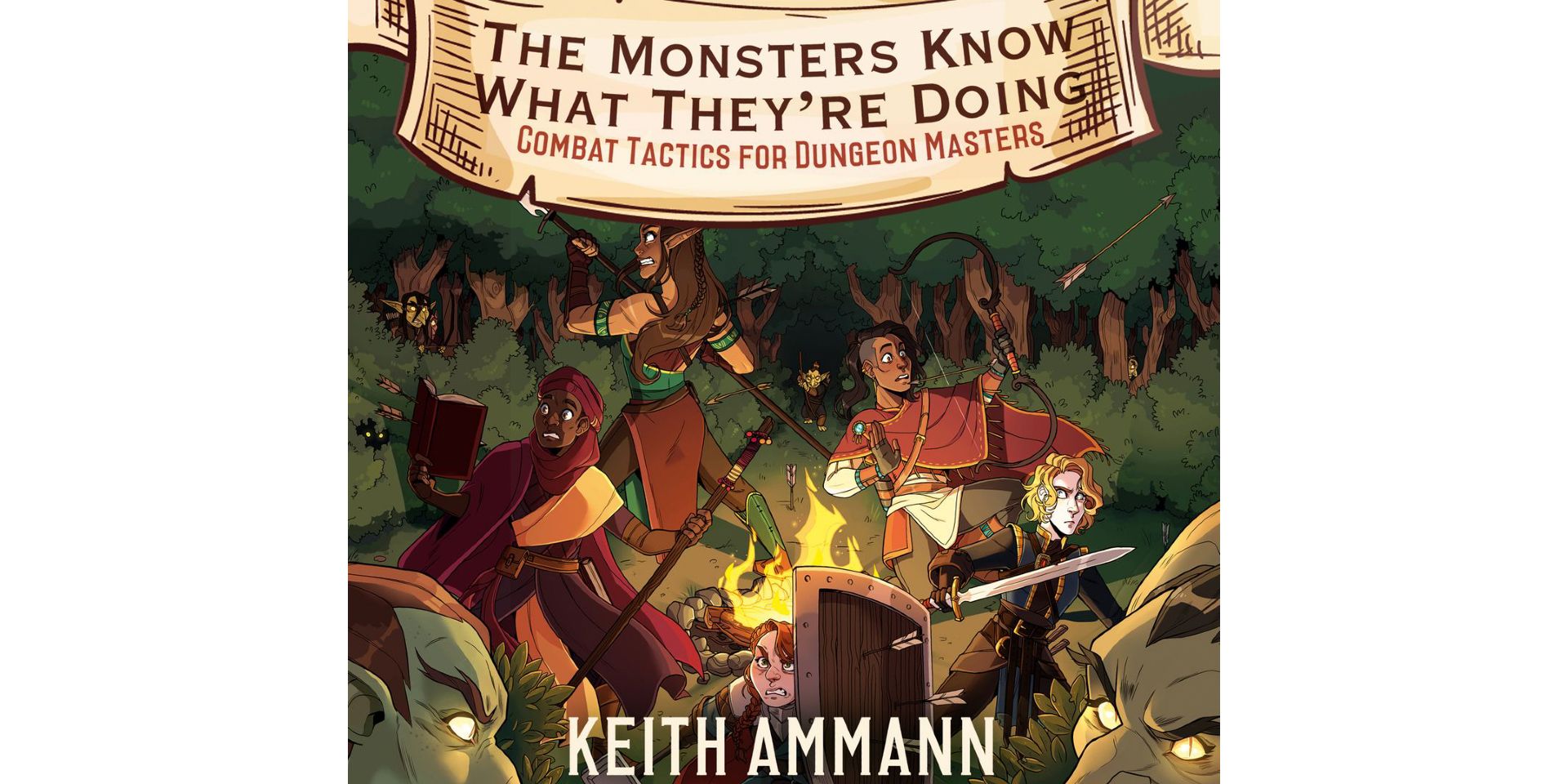
Keith Ammann's bestselling DM guide, The Monsters Know What They're Doing: Combat Tactics For Dungeon Masters, is a compilation and expansion of the various D&D articles published on his blog, "The Monsters Know What They're Doing." Both book and blog seek to give Dungeon Masters a list of monster tactics, behaviors, and personality traits to make combat encounters more interesting and challenging for players. Rather than having goblins and dragons mindlessly rush at players like video game NPCs, Ammann encourages Dungeon Masters to make them act like living, thinking, self-motivated beings, employing tactics such as flanking, using the environment to their advantage, and even fleeing or surrendering if the battle goes against them.
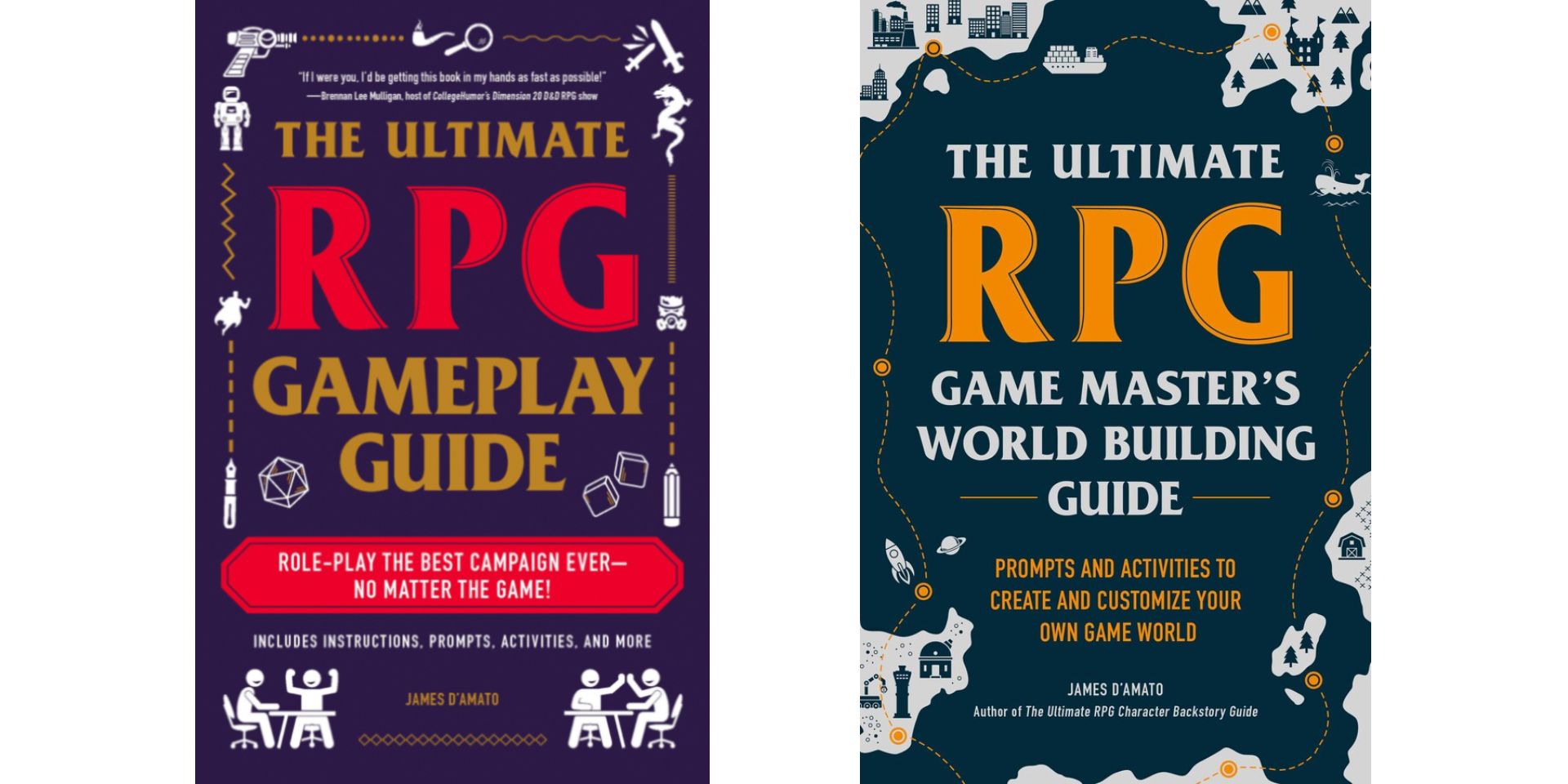
The Ultimate RPG Gameplay Guide and The Ultimate RPG Game Master's Worldbuilding Guide, both written by James D’Amato, are specifically aimed at Dungeon Masters who want to create living, custom worlds with vivid characters for their D&D campaigns (or campaigns in other RPG game systems). The various chapters within both guides cover topics such as the importance of a "Session Zero," where the DM and players establish the game's premise, as well as the importance of theme and imagery, letting players flesh out the game's world themselves, creating distinctive voices for player characters and NPCs, and avoiding storytelling choices which lead to railroading.
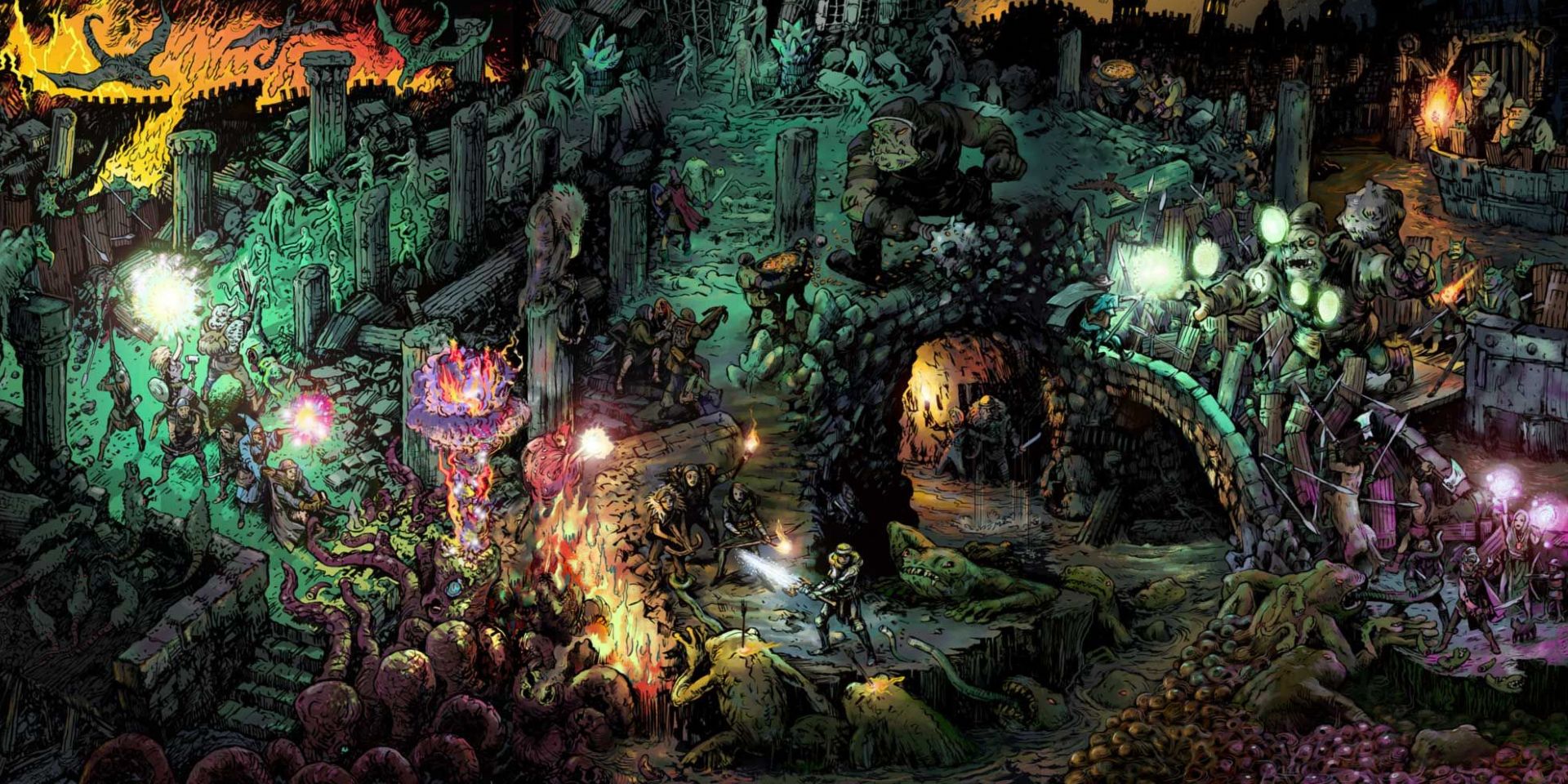
Dungeon World, as a "fiction-first" fantasy RPG that uses the Powered By The Apocalypse system, isn't mechanically compatible with Dungeons & Dragons. However, the GM-focused chapters in the Dungeon World core book contain excellent tips and guidelines game masters of any fantasy RPG can use to create a world with both structure and freedom for their players. The core piece of advice repeated in Dungeon World is that GMs and RPG players should "play to find out what happens next." Rather than structuring the game's story like a linear novel, GMs should create bustling towns where players can relax, perilous dungeons full of treasure, and sinister plots that gradually encroach upon both dungeon and town.
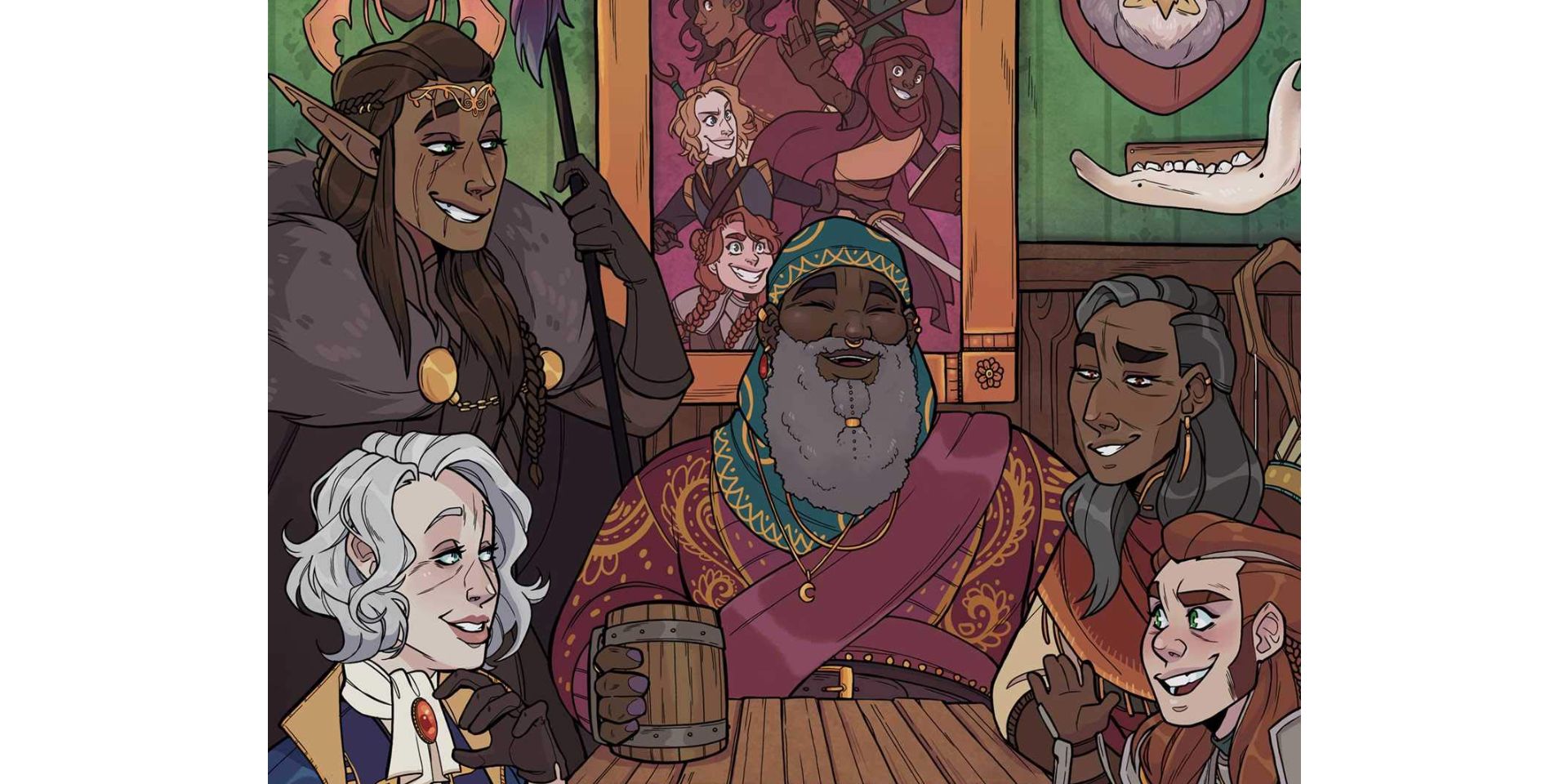
In the early days of RPGs, the Dungeon Master of Dungeons & Dragons was frequently seen as adversarial, their goal being to murder player characters with overwhelming monsters, deadly traps, rickety bridges, and a scrupulous adherence to fair-but-brutal rules. From this perspective, giving players advice on teamwork, tactics, and rule exploits would seem to defeat the whole purpose of being a Dungeon Master; the reality, though, is quite different.
Live To Tell The Tale - Combat Tactics For Player Characters is a sister book to The Monsters Know What They're Doing: Combat Tactics For DMs. Instead of helping DMs make their monsters more challenging, this guide gives advice for D&D players who want to master small-unit tactics and get the most optimal use out of their character's abilities. It goes into great detail about the fiddly mechanics of D&D - spells, skill checks, dodging, opportunity attacks - along with broader tactical principles shared by many turn-based strategic RPGs, like action economies and the importance of a balanced party composition. A DM who gives Dungeons & Dragons players this book will find it harder to overwhelm them with hordes of scary monsters, but they'll also have players who are more cunning, creative, and fun to challenge.
from ScreenRant - Feed https://ift.tt/3eG2AXR

No comments: